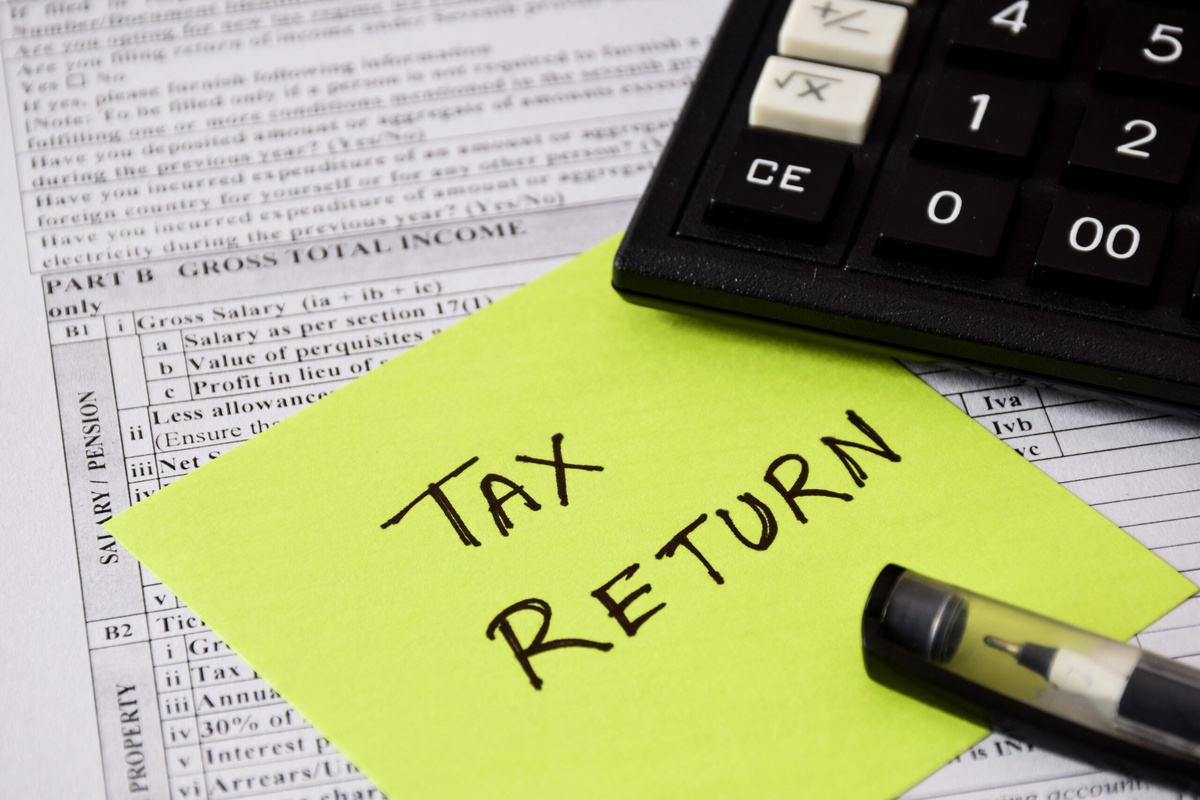Filing your taxes on time is not just a good practice; it's a legal requirement. However, life can get hectic, and sometimes, meeting the tax deadline can become a challenge. In this article, we'll explore the consequences of filing a late tax return, shedding light on the potential penalties and issues you might face when you miss the deadline.
- Penalties:
One of the most immediate consequences of filing your tax return late is facing penalties. The IRS imposes both failure-to-file and failure-to-pay penalties. The failure-to-file penalty can be significant, amounting to 5% of your unpaid taxes for every month your return is late, up to a maximum of 25%. If you don't file your taxes for more than 60 days after the due date, the minimum penalty is either $435 or 100% of the unpaid tax, whichever is less.
The failure-to-pay penalty is more forgiving, at 0.5% of your unpaid taxes per month. However, this penalty can add up, so it's best to file your return as soon as possible even if you can't pay your full tax bill.
- Interest Accumulation:
When you file a late tax return and owe taxes, you'll also be subject to interest on the unpaid balance. The interest rate is determined by the IRS and can change over time. This interest accumulates daily and can result in a substantial amount owed over time.
- Loss of Refunds:
Filing your tax return late can also lead to the loss of potential refunds. The IRS only allows a three-year window to claim a refund for any overpaid taxes. If you're entitled to a refund but don't file your return within this period, you won't receive the money you're owed.
- Potential Audits:
Late returns can trigger the IRS to take a closer look at your financial affairs. This heightened scrutiny could result in an audit, which can be a time-consuming and stressful process. To avoid such a situation, it's advisable to file your taxes on time and accurately.
- Negative Credit Impact:
Tax liens and levies can seriously harm your credit score. Failing to address your tax liabilities promptly, especially when they escalate due to late filing, can lead to financial problems and affect your ability to secure loans, credit cards, or even find housing or employment.
- Legal Action:
In extreme cases, failing to file your tax return for an extended period can lead to legal action by the IRS, including the possibility of criminal charges. While these cases are rare, they underscore the importance of adhering to tax deadlines.
Conclusion:
Filing your taxes on time is not just about staying on the right side of the law; it's about managing your financial responsibilities effectively. The consequences of filing a late tax return can range from financial penalties and interest accumulation to legal action and credit damage. To avoid these consequences, it's essential to make every effort to file your taxes by the deadline or seek an extension if you can't meet the original due date. Utilizing online tax filing services can simplify the process and help ensure timely submission. In cases where you're unable to pay your taxes in full, it's still better to file your return on time and work with the IRS to set up a payment plan to avoid the worst consequences of late filing.


No comments yet